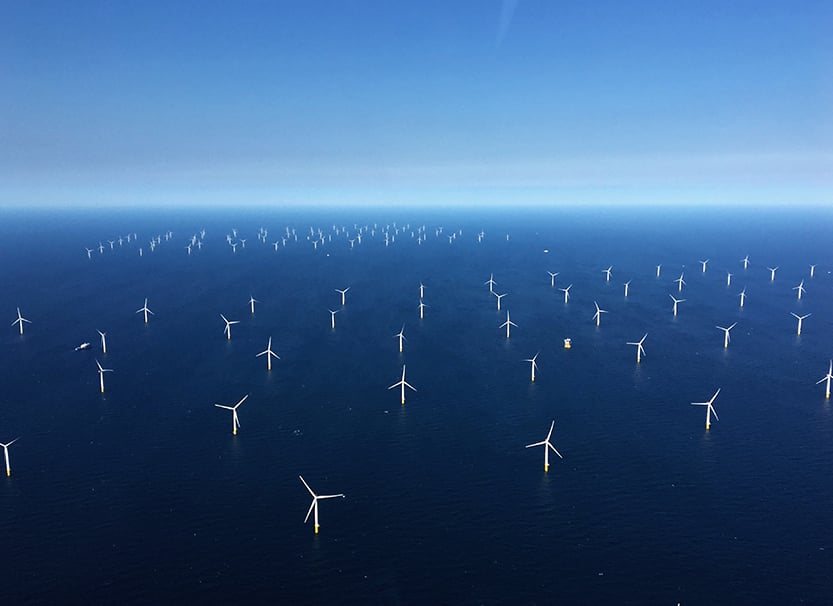Louisiana Federal Court Enjoins EPA’s Use of Disparate Impact Requirements in State Permitting Actions
On Tuesday, January 23, 2024, the U.S. District Court for the Western District of Louisiana granted a preliminary injunction filed by the State of Louisiana seeking to halt the efforts of the Environmental Protection Agency (EPA) in imposing disparate impact-based mandates under Title VI of the Civil Rights Act in permitting decisions. The state contends that Title VI prohibits only intentional discrimination and, as a result, EPA’s disparate-impact regulations in 40 C.F.R. §§ 7.10-180 are an unlawful attempt by EPA to impose its environmental justice policy goals in official permitting decisions. According to Louisiana, EPA’s efforts to advance disparate impact-based mandates without explicit statutory authorization runs afoul of the major questions doctrine, which requires agencies to act in accordance with explicit congressional mandate for matters of major political or economic significance.
The Enforcement Angle: David Uhlmann and OECA
Join Sidley for the Environmental Law Institute’s People Places Planet Podcast series, “The Enforcement Angle.” Through this series, Sidley partners discuss state and federal enforcement of environmental laws and regulations with senior enforcement officials and thought leaders on environmental enforcement in the United States and globally. The featured guests offer their insights into the challenging environmental issues facing corporations today. (more…)
U.S. EPA Updates Environmental Justice Mapping Tool for a Third Time: EJSCREEN 2.2
On June 26, 2023, the U.S. Environmental Protection Agency (EPA or Agency) announced via e-mail to its EJ ListServ the third update to its environmental justice (EJ) mapping and screening tool, EJSCREEN. EPA uses EJSCREEN to inform several Agency functions, including permitting, enforcement, outreach, and compliance.

White House Announces New ‘Ocean Justice Strategy’
On June 7, 2023, the White House Council on Environmental Quality (CEQ) published a request for information (RFI) in the Federal Register seeking input on its planned Ocean Justice Strategy (the “Strategy”). The RFI describes the Strategy as an effort to integrate environmental justice principles into ocean-related activities of the federal government. The Strategy could have wide-ranging impacts on the development of ocean energy resources.
The Enforcement Angle: Driving California Toward Carbon-Neutrality with Dr. Steven Cliff
Join Sidley for the Environmental Law Institute’s People Places Planet Podcast series, “The Enforcement Angle.” Through this series, Sidley partners discuss state and federal enforcement of environmental laws and regulations with senior enforcement officials and thought leaders on environmental enforcement in the United States and globally. The featured guests offer their insights into the challenging environmental issues facing corporations today.
Biden Administration Reaffirms and Reflects on Commitment to Environmental Justice
The Biden administration has recently reinforced the President’s environmental justice (EJ) agenda through two actions. Stakeholders who engage with the federal government should be aware of how the administration is expanding these efforts, which inform the government’s enforcement actions and review of projects under the National Environmental Policy Act (NEPA).
U.S. EPA Releases Draft National Strategy to Prevent Plastic Pollution
On April 21, 2023, the U.S. Environmental Protection Agency (EPA) released the draft “National Strategy to Prevent Plastic Pollution” that could have serious implications for the regulated community, including the packaging industry, retailers, plastic manufacturers, solid waste management facilities, and recycling facilities, among others. According to the draft strategy, EPA is seeking to eliminate the release of plastic and other waste from land-based sources into the environment by 2040 through the following objectives: reducing pollution during plastic production, improving postuse materials management, preventing trash and micro/nano plastics from entering waterways, and removing escaped trash from the environment. Within these objectives EPA identified various research and regulatory actions under consideration. Among the regulatory actions under consideration, EPA signaled it was exploring new rules under the Toxic Substances Control Act for advanced recycling facilities that use pyrolysis to process recovered feedstocks into recycled plastics. The agency also called for ratification of the Basel Convention, which the United States agreed to in the 1990s but failed to ratify, as another approach to addressing international plastic waste.
The Enforcement Angle: Corporate Compliance Monitors
Join Sidley for the Environmental Law Institute’s People Places Planet Podcast series, “The Enforcement Angle.” Through this series, Sidley partners discuss state and federal enforcement of environmental laws and regulations with senior enforcement officials and thought leaders on environmental enforcement in the United States and globally. The featured guests offer their insights into the challenging environmental issues facing corporations today.
The Enforcement Angle: DOJ’s Environment & Natural Resources Division
The United States has an intricate system of laws, regulations, policies, and programs to respond to environmental and public health concerns. Enforcement is vital to that system’s effectiveness. The U.S. Department of Justice’s Environment & Natural Resources Division (ENRD) is tasked with enforcing the United States’ civil and criminal environmental laws, including the Clean Air Act, Clean Water Act, and hazardous waste laws. Their mission also involves the protection of the Nation’s natural resources and handling cases relating to tribal rights and resources.

EPA Acts on Interstate Transport Requirements for Ozone Under State Implementation Plans
On Tuesday, January 31, EPA Administrator Michael Regan finalized EPA’s disapproval of State Implementation Plan (SIP) submissions for 19 states regarding the interstate transport of ozone under the 2015 eight-hour ozone national ambient air quality standards (NAAQS) of 70 parts per billion. Under the Clean Air Act, states were required to submit SIPs for the 2015 eight-hour ozone standard by October 1, 2018. The Clean Air Act required the SIPs to include “good neighbor” provisions, which prohibit emissions that either significantly contribute to nonattainment in a neighboring state or interfere with maintenance of the NAAQS in a neighboring state.

